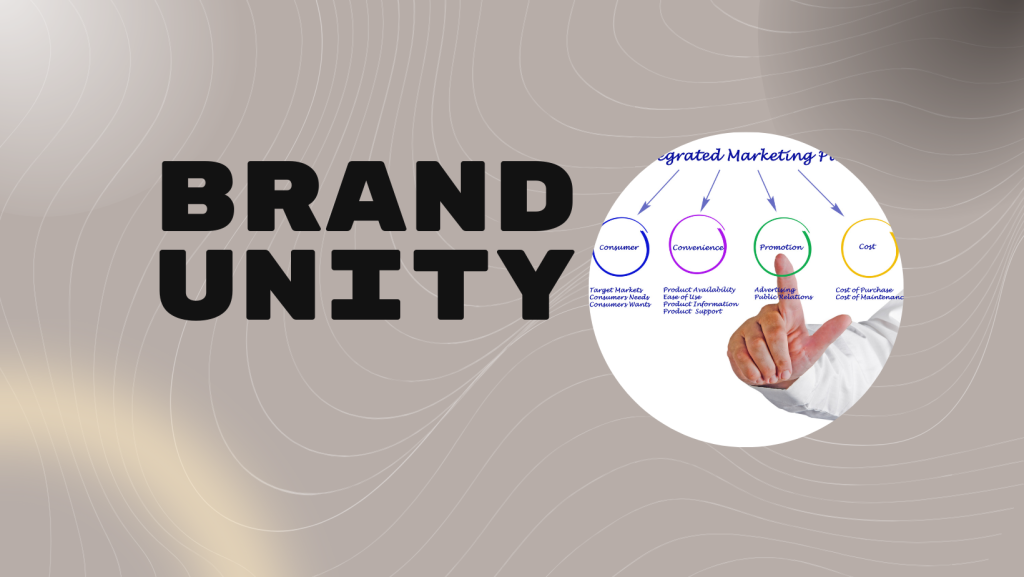Integrated Marketing Communications (IMC) is a strategic approach that ensures all aspects of a brand’s communications work together seamlessly to deliver a unified message to consumers. This holistic approach involves coordinating various promotional elements—such as advertising, public relations, direct marketing, social media, and sales promotions—into a cohesive strategy.
One of the key benefits of IMC is consistency. By aligning all communication efforts under a unified brand message, brands can present a coherent and recognizable identity to consumers across different channels and touchpoints. This consistency builds trust and reinforces brand recall, as consumers encounter consistent messaging reinforcing the brand’s values, benefits, and positioning.
Moreover, IMC enhances the effectiveness of marketing campaigns by creating synergy among different communication channels. For example, a brand’s advertising campaign can be integrated with its social media strategy, where ads reinforce messages and calls-to-action seen on social platforms. This integration increases the likelihood of message retention and conversion among consumers exposed to multiple touchpoints.
Furthermore, IMC allows brands to optimize their marketing budgets by eliminating redundancies and ensuring resources are allocated efficiently across various channels. By coordinating efforts and resources, brands can achieve greater impact and reach with their marketing initiatives, maximizing return on investment (ROI).
Additionally, IMC facilitates better customer engagement by creating seamless experiences for consumers. When messages are consistent and integrated, consumers experience a unified brand presence that enhances their understanding and perception of the brand. This unified approach also enables brands to respond more effectively to consumer feedback and market dynamics, as insights gathered from various channels inform strategic decisions.
However, implementing IMC requires careful planning and coordination across different departments and external partners. It involves aligning strategies, messaging, and creative executions to ensure coherence and effectiveness. Effective communication and collaboration among teams are crucial to overcoming silos and ensuring all stakeholders are aligned with the overarching brand objectives.
In conclusion, Integrated Marketing Communications (IMC) plays a crucial role in creating a unified brand message that enhances consistency, effectiveness, and consumer engagement across various channels. By aligning promotional efforts and optimizing resources, brands can strengthen their market presence, build customer trust, and achieve greater impact with their marketing initiatives. However, successful implementation requires strategic planning, collaboration, and continuous evaluation to adapt to changing consumer behaviors and market dynamics effectively.


